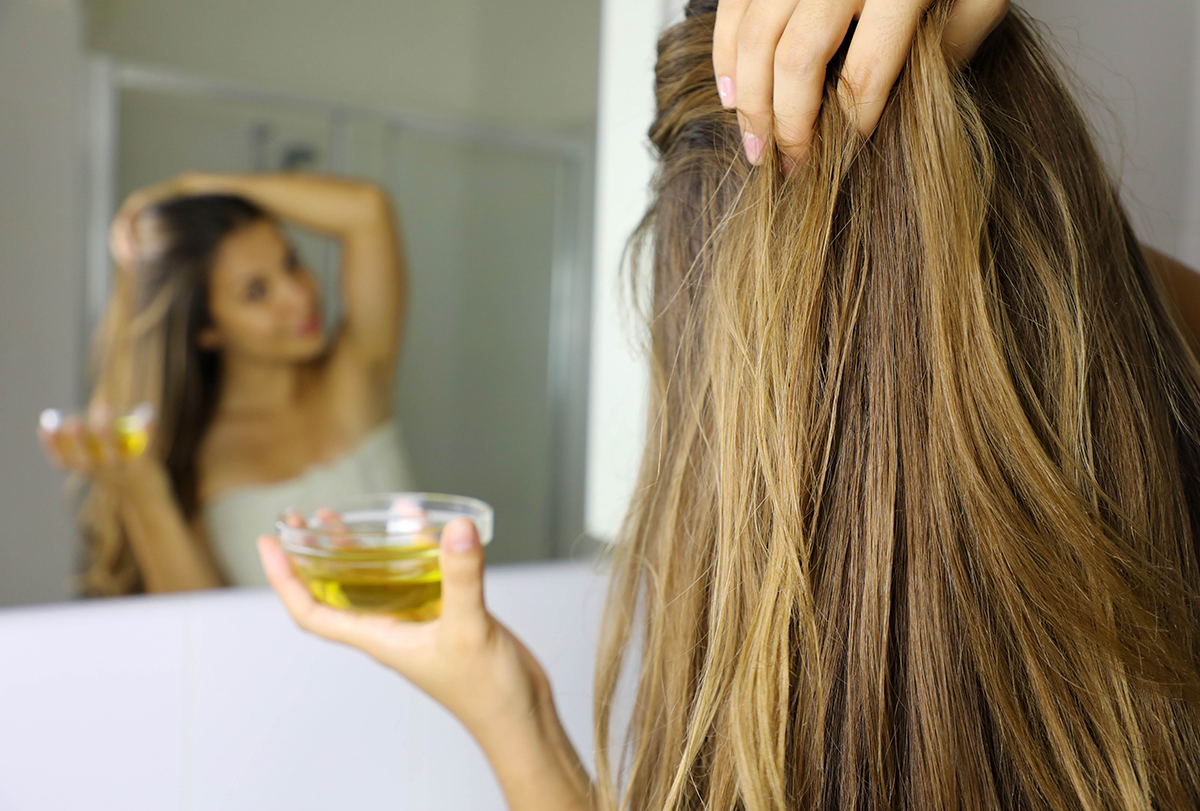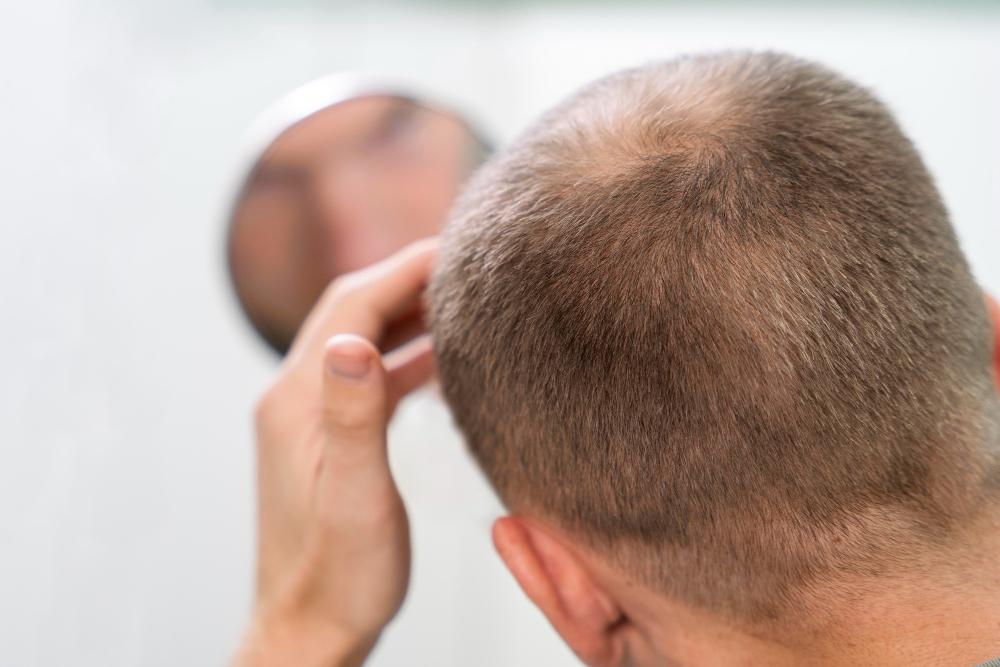
If you find yourself constantly itching your scalp and tiny white flakes falling from your head, you may have a dry scalp. This happens when your scalp loses moisture which various things, such as hair products, age, weather, or other skin conditions, can cause.
Sometimes, dry scalp can be treated simply by switching shampoos or adding Young Living tea tree essential oil to your regimen. However, if the problem persists, contacting your healthcare provider would be a good idea. The first step is to clearly understand what a dry scalp is so you can eventually know how to prevent it from occurring again.
Table of Contents
What Is Dry Scalp?
A dry scalp can occur when the skin on your head loses too much moisture or water. You will then experience the itching and the flaking that accompany it. Finally, your scalp becomes so dry that it gets irritated and thus flakes off. Most of the time, the causes can vary between certain hair products, the weather, or age, but some more serious skin conditions can also cause a dry scalp to arise.
Dandruff vs. Dry Scalp
A dry scalp is sometimes confused with dandruff, which is similar in that dandruff also causes an itchy and flaky scalp, making it difficult to separate the two. However, dandruff occurs when there is an excess of oil, whereas a dry scalp happens because of moisture loss.
As the oil builds up on your scalp, your skin cells begin to build up, which will cause your scalp to become red, oily, and scaly. Dandruff appears when the scales start to flake off in larger pieces. The leading cause of dandruff is seborrheic dermatitis, caused by numerous things, such as yeast living on your skin, overall health, and high-stress levels.
While a dry scalp also causes flakes and itching, it differs from dandruff. When you are experiencing a dry scalp, you will notice other parts of your body that are also dry. The initial cause between dandruff and dry scalp is also vastly different.
Causes of Dry Scalp
As stated earlier, the cause of a dry scalp can vary, and you must consider the various reasons behind it. The first thing to check is the products you use on your scalp because they could be causing contact dermatitis, which can provoke irritation and itchiness. In addition, many hair products strip your hair of its natural oils and dry out your scalp and hair.

The weather is also a significant cause of a dry scalp. If you live in an environment with low humidity or a colder climate, chances are it causes your scalp to dry out. Your age may also be a factor since the older you get, the more your skin dries. However, there is also the chance that the cause of a dry scalp is a more serious health condition, such as psoriasis, tinea capitis, or actinic keratosis.
Treating Dry Scalp
The treatment of a dry scalp depends solely on the cause behind it. If you suspect your hair products are the main reason, you will want to try rinsing the product out of your hair better since if there is a product, such as a shampoo, left behind after your shower, that can be causing your dry scalp.
If the problem persists, the next step is to try a different product on your hair. For example, switching to a shampoo that is more gentle and non-medicated may solve the problem. Also, try a shampoo that has tea tree essential oil in it since it has good properties that help alleviate the symptoms of a dry scalp.
Even after switching out your products, if you are still dealing with a dry scalp, it may be time to talk with your healthcare provider to see if a specific health issue is causing it.
Preventing Dry Scalp
Once your dry scalp is under control, your next goal is to prevent it from returning. There are a few ways you can do this. Firstly, switch to a shampoo that is gentle and also moisturizing. This will ensure that your scalp remains moist. Washing your hair less frequently, drinking more water, and managing your stress are also good ideas.
A dry scalp can be uncomfortable and embarrassing, but the good news is that once you determine the cause, it is easily treated and prevented.






